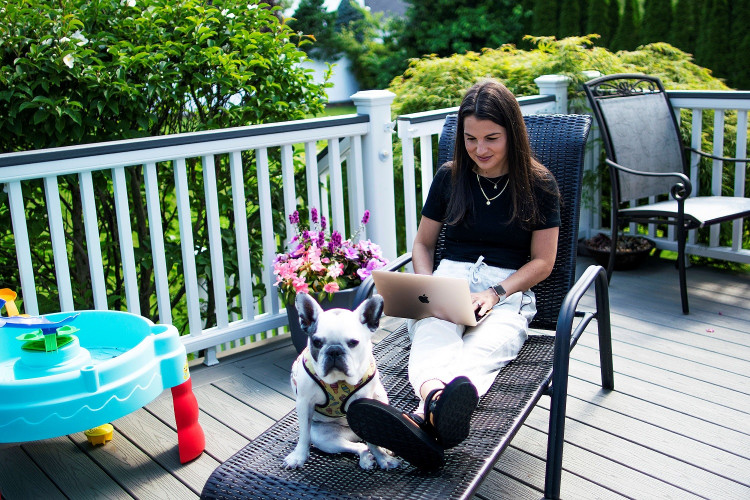We're all guilty of slacking off when it comes to creating passwords, but it's a modern necessity if you want to ensure all your accounts are safe.
Basically, a long password is considered a strong password. But don't just settle for length -- it's essential you mix it with unpredictable upper and lower case letters as well. Add some symbols and numbers, and make sure it's not tied to anything that would remind people of you.
To this day, many people still make the mistake of making birthdays their passwords. Some choose their house numbers, while others type in the names of their children -- do not do that. It's easy to guess these things, and hackers could guess this information easily.
That's one way of stealing passwords -- dictionary attack. In simple terms, guessing. It happens to people who use commonly used passwords, like the ones mentioned above. Hackers can also "phish" for your passwords. Phishing is when someone tries to trick you into giving your personal information. Criminals often do this by copying a site of a company you know or trust wherein victims often end up typing in their account details.
Some hackers do the brute force attack technique. This is simply a lot of trials and errors using different combinations of your login information until they are luckily guess it right. Mind you, it doesn't take long for them to do so.
Another form of stealing passwords is through credential stuffing. This often happens when a company or organization has been victimized by a data breach and the information of employees and bosses are exposed and sold on the dark web. Hackers use the exposed login to your other accounts in hopes of accessing it, so if you've been reusing your passwords, all your online accounts will be compromised.
If you don't want any of these attacks to happen to you, change your password behavior now.
First, never reuse your passwords. Create a unique password for each account. Yes, it's a lot of work, but you are better off safe than sorry.
Second, do not jot down your passwords. Having a physical copy of your login details may seem like a good idea, but not, that's actually pretty dumb. Convenient, but really stupid.
Third, use a password manager so you won't be tempted to write your usernames and passwords down. A password manager will store your many passwords and keep it safe for you. It will remember all your passwords for you so you won't have to.
How's you're password doing?






